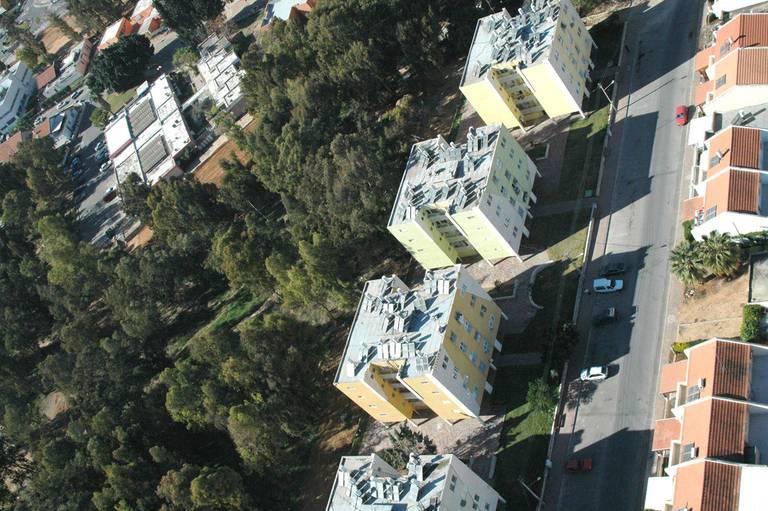
Israel has had a long and sometimes complicated relationship with African states. Its ingenuity in water management and overcoming drought has found its way to many water-starved nations in recent years, in part because of partnerships Israeli Prime Minister Benjamin Netanyahu has worked to secure. Medical expertise, such as during the Ebola outbreaks and agricultural technology have been further grounds to liaise with many countries that often haven't had the technical know-how or experts at their fingertips.
This month the small Middle Eastern nation brought another expertise to the table: solar energy. Like water management, energy is a carefully honed and vital issue in Israel. It also is something the nation, which has a booming green energy sector, can share.
On June 2, Israel and the Economic Community of West African States (ECOWAS) signed a memorandum of understanding toward an investment of $1 billion by Israel to promote green energy across the region's 15 member states. The project will be implemented by Energiya Global, an Israeli company that has claimed its own accomplishments in bringing energy to developing nations. In 2015 it launched Rwanda's first utility-scale solar array. The company also works with USAID to bring solar to African communities.
Israeli Knesset Member Abraham Neguise, who helped organize the arrangements, said the first $20 million of the project would be launched in Liberia.
“With 600 million Africans without electricity, the State of Israel can literally help African Heads of State bring power to the African people, said Neguise, who serves as chairman to the Knesset's Israel-Africa caucus.
The deal may also help Israel forge better liaisons with African states, particularly in areas where the Jewish nation has had a lukewarm relationship. Normalizing ties with countries like Senegal, which in 2016 signed a UN Security Council resolution condemning Israel's construction of developments in the West Bank and Jerusalem have been on Netanyahu's agenda in recent years.
And then there's other countries like Ghana, where Israel has received an open door policy because of its continuing assistance to West African states. Although the first agreement with ECOWAS was forged in 2009, Israel was providing assistance to Ghana, Sierra Leone and their neighbors as early as the 1950s when former-Prime Minister Golda Meir arranged for tech experts to visit the region's small, sparsely developed countries and provide agricultural assistance. It was a friendship that would later be coined by Newsweek as "one of the strangest unofficial alliances in the world."
For Israel, the continuing network with West African states is a rich and potentially fertile opportunity to overcome political and ideological differences with its neighbors, sometimes because political events like the Yom Kippur War in 1973, which ruptured relations with Kenya until recently, and sometimes because of socio-cultural differences in viewpoint.
Still, Israel's know-how in sustainable energy and water management are valuable tools to bring to a table of common goals in a region hard-hit by climate change.
"Israel is coming back to Africa," Netanyahu announced. It's likely to be a partnership that will benefit all sides, and hopefully for some, provide evidence that political differences can, and should, be overcome in time.
Morocco, which considers itself part of the West Africa region, has recently applied for membership to ECOWAS, but deferred its attendance of the summit because Netanyahu was excpected to be present. Hopefully in time, Morocco, which has high hopes of powering the country on renewable energy, and Israel, which has the expertise, will find in time that political differences can be overcome by sustainable aspirations.
Flickr images: Jeff Attaway; Mary Madigen;UK Mission to the UN New York/Lorey Campese
Jan Lee is a former news editor and award-winning editorial writer whose non-fiction and fiction have been published in the U.S., Canada, Mexico, the U.K. and Australia. Her articles and posts can be found on TriplePundit, JustMeans, and her blog, The Multicultural Jew, as well as other publications. She currently splits her residence between the city of Vancouver, British Columbia and the rural farmlands of Idaho.














